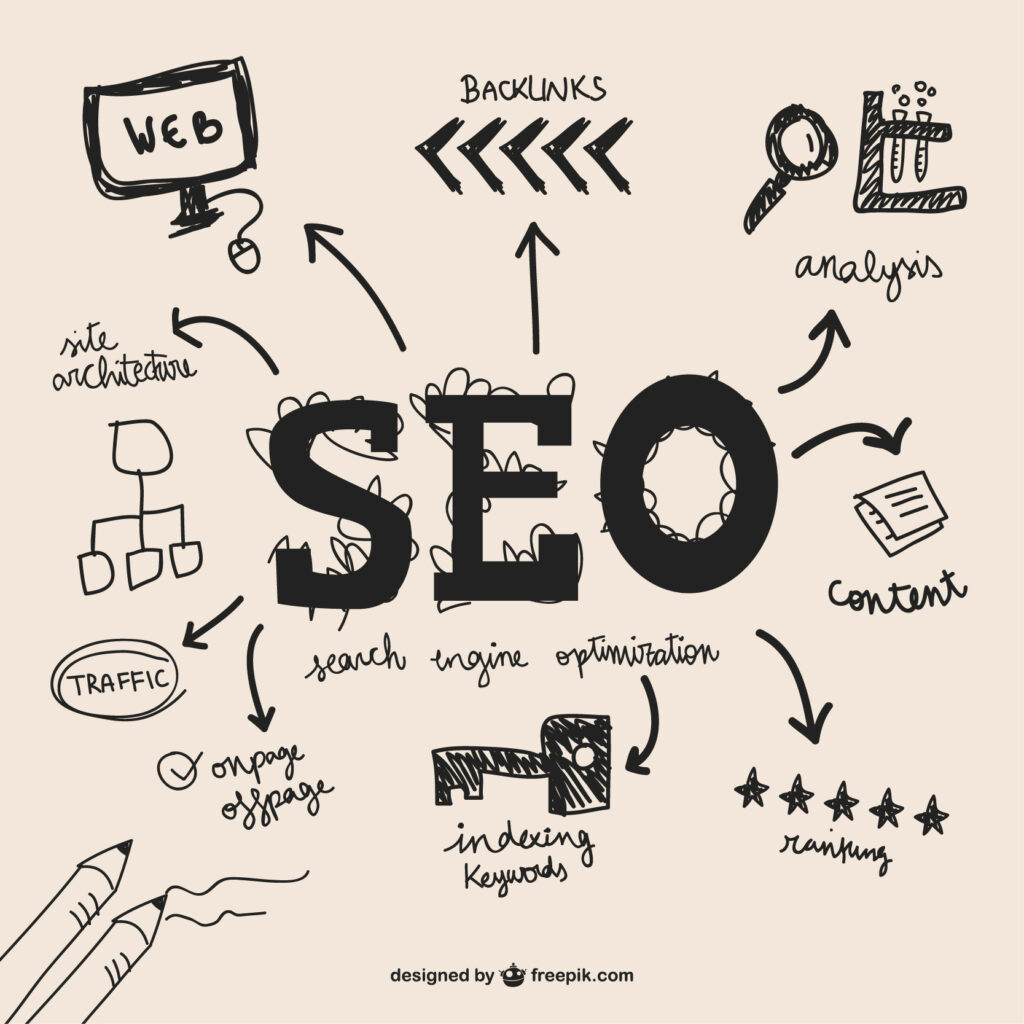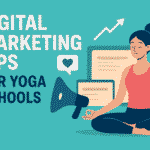Introduction to Digital Marketing
In the contemporary world, having a strong online presence is vital for any business or individual. Be it a blog, small business, or personal brand, digital marketing gives all the tools and techniques to reach a larger audience and establish your name. The beginner’s guide below will take you through the basics of digital marketing and put you on the right path.
Knowing Digital Marketing Digital marketing is promoting your products or services with online mediums like websites, social media, and email marketing. It’s totally different from traditional marketing, whose analytics can tell precisely who is being reached as well as in real-time. It is therefore an even more efficient and cost-effective means for businesses of all sizes.
Key Benefits
Covers a Larger Audiences: Global audience outreach
Less Expensive: Generates a better ROI compared to traditional methods
In-Time Analytics: Performance review happens immediately
To be successful in digital marketing, you should know the following major components
a. Search Engine Optimization (SEO)

SEO is used to help increase your website’s search engine ranking on search engines such as Google. Using keywords in your content enhances the chances of your website being found by those people searching for topics relevant to your business.
Basic SEO Tips:
Use keywords that are relevant to your subject naturally in your content.
Optimize meta descriptions, headings, and image alt text.
Outbound Focus on the creation of good, rich information.
b. Content Marketing

Content marketing creates an attractive and engaging value for your audience through blogs, videos, or e-books. Any content that solves problems, answers questions, or provides knowledge increases trust from the audience.
Content Types to Consider:
- Blog posts
- How-to guides
- Infographics
- Videos and podcasts
c. Social Media Marketing

Social media sites include Facebook, Instagram, Twitter, and LinkedIn are some of the social media networks that no digital marketer should afford to miss. Social media is where you reach out to your audience and grow a community, and if there are billions of active users, you can touch so many people.
Tips for Social Media:
- Apply the most active platforms your target audience uses.
- Ensure that you post engaging content in a consistent manner.
- Apply paid social ads that can reach a wider number of people.
d. Email Marketing

Inbound e-mail marketing, and even email marketing overall provides immediate access to your targeted prospects. An email list in control can give a controlled list of subscribers, hence revealing who has shown an interest in your business from any kind of newsletters, offer or product updates.
- Best Practices in Email Marketing:
- Segment your email list ; personalise messages.
- Use a clear, compelling Subject line.
- Give people relevant, worthwhile information, using incentives to encourage them to subscribe
E. Pay-per-click Advertising

Paying for the ads that appear on search engines or social media is PPC advertising. This is a fast way to drive traffic to your website, and it can be very valuable in a digital marketing strategy.
Popular PPC Platforms:
Google Ads
Facebook Ads
LinkedIn Ads
- Analyzing and Optimizing Your Digital Marketing Efforts
The key to determining what works and what does not is by tracking digital marketing performance. Data analysis helps in optimizing strategies towards better results.
KPIs
- Website traffic
- Conversion rates
- Engagement on social media
- Email open and click-through rates
Tips for Digital Marketing Success
Start Small: Start with few digital marketing channels and extend your experience gradually.
Keep Up to Date: New tools and strategies in the digital marketing space evolve fast, so stay updated.
Test: Try out different types of content, posting time, and messaging style.
Interact with Your Audience: Reply to comments, messages, and reviews and develop a relationship with the audience.
Conclusion
With digital marketing, there is great potential to make your business grow if properly implemented. You can access your target market, and then it becomes a sure stronghold over the game as you fight for that pie in the competitive market through understanding and building these essential digital marketing tools. So, begin small, learn on the way, and just keep trying to find out what suits your business in the most unique way possible.







Leave a Reply